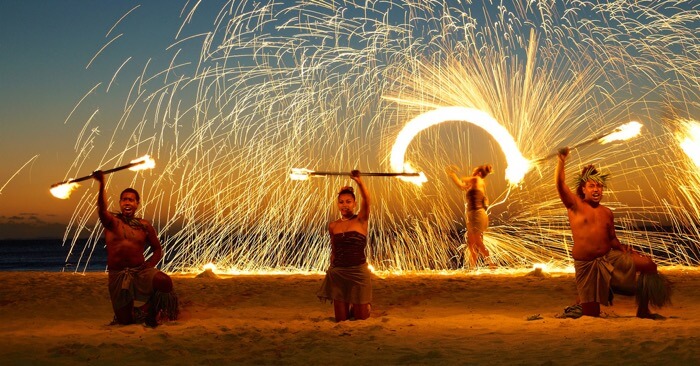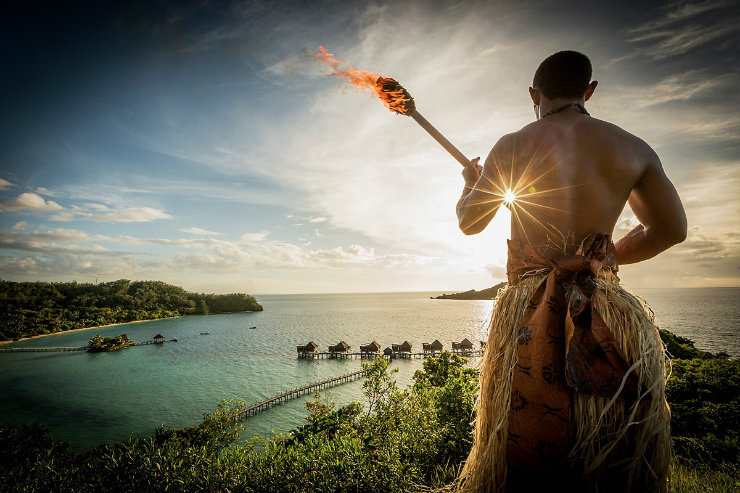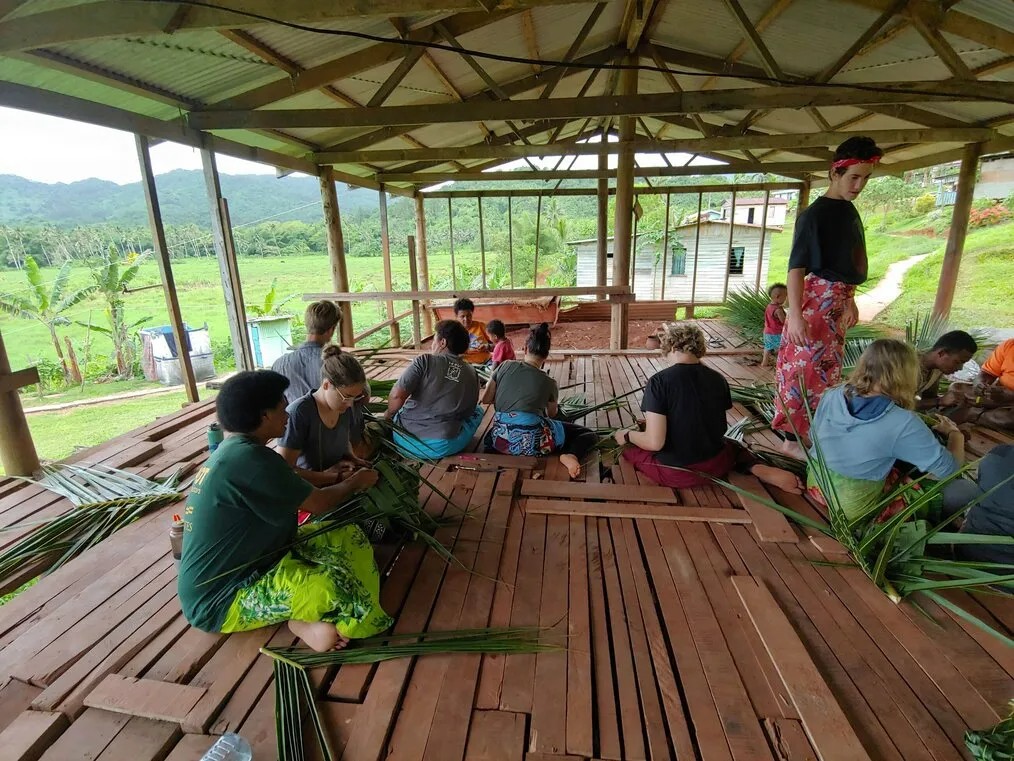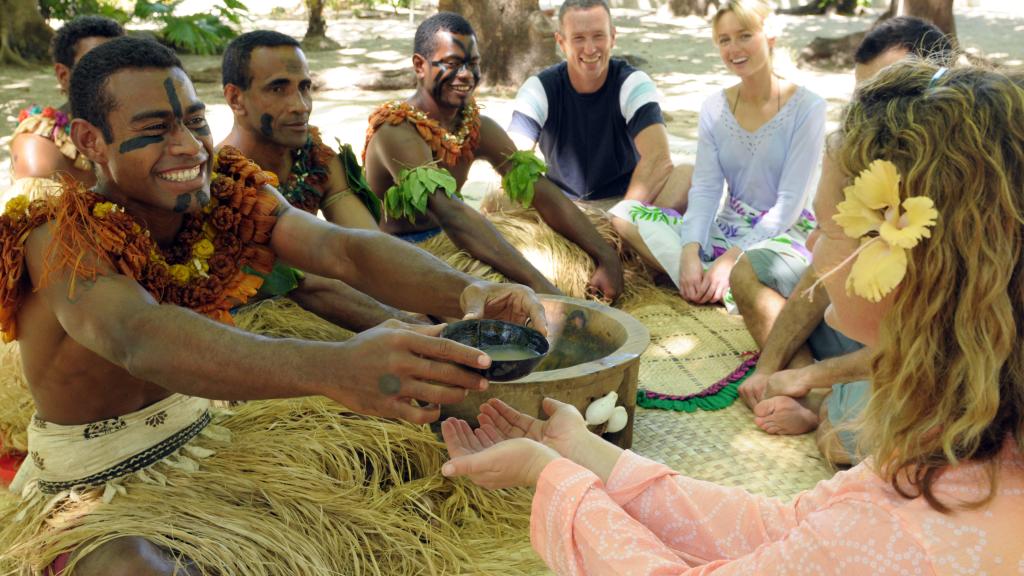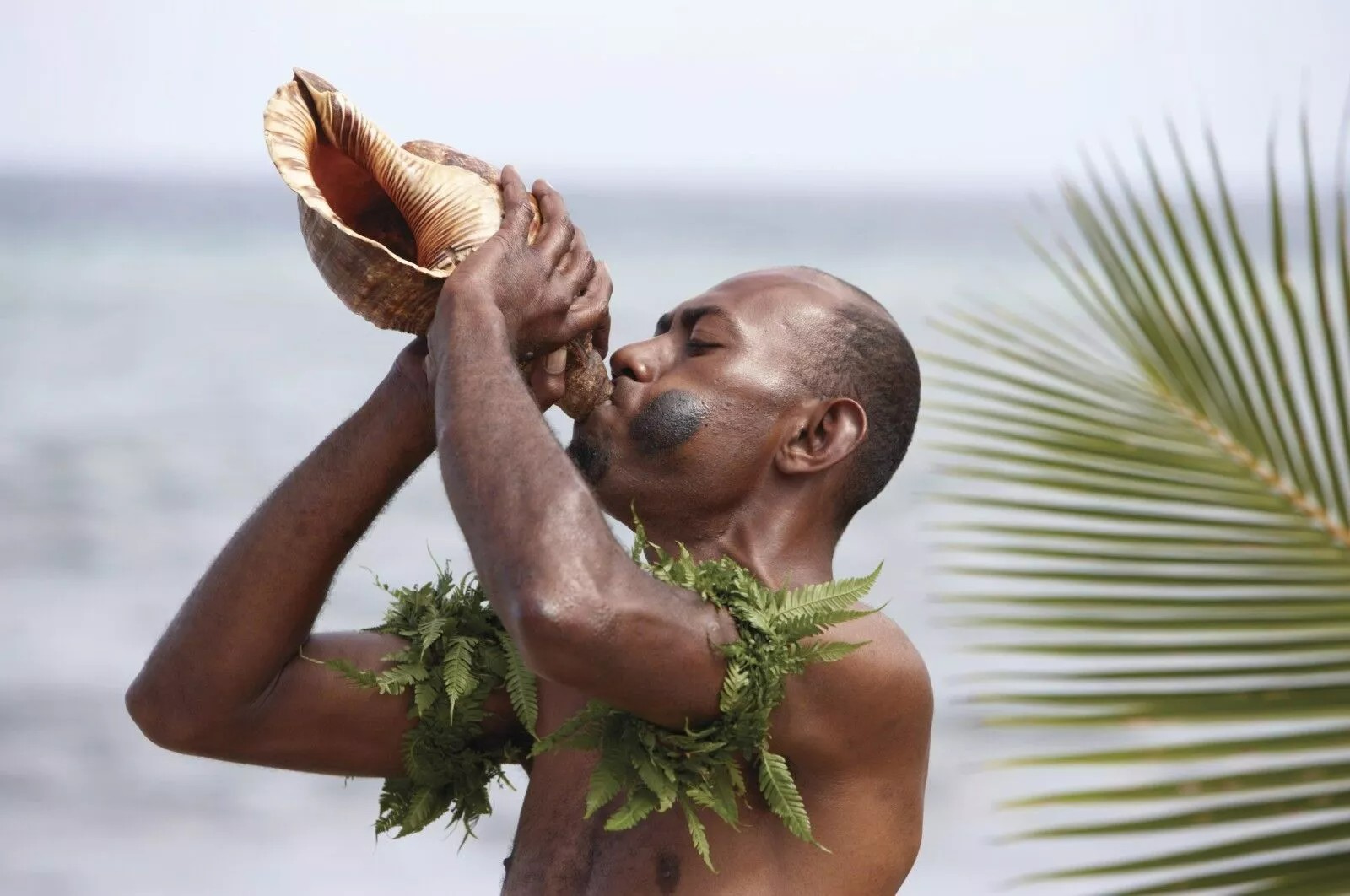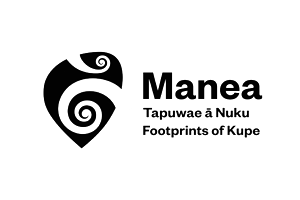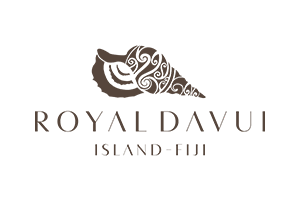According to Fijian legend, the great chief Lutunasobasoba led his people across the seas to the new land of Fiji. Most authorities agree that people came into the Pacific from Southeast Asia via Indonesia. Here the Melanesians and the Polynesians mixed to create a highly developed society long before the arrival of the Europeans. The European discoveries of the Fiji group were accidental. The first of these discoveries was made in 1643 by the Dutch explorer, Abel Tasman and English navigators, including Captain James Cook who sailed through in 1774, and made further explorations in the 18th century.
Major credit for the discovery and recording of the islands went to Captain William Bligh who sailed through Fiji after the mutiny on the Bounty in 1789. The first Europeans to land and live among the Fijians were shipwrecked sailors and runaway convicts from the Australian penal settlements. Sandalwood traders and missionaries came by the mid 19th century. Fiji was first settled about three and a half thousand years ago. The original inhabitants are now called “Lapita people” after a distinctive type of fine pottery they produced, remnants of which have been found in practically all the islands of the Pacific east of New Guinea, though not in eastern Polynesia. Linguistic evidence suggests that they came from northern or central Vanuatu, or possibly the eastern Solomons. After the explorers, other Europeans followed. For over half a century, Fijian culture enjoyed what has been called its ‘golden age’, as tools and weapons brought by traders were turned by resourceful chiefs to their own advantage.
Canoes and houses were built, confederations formed and wars fought on a grand scale without precedent. Gradually and inevitably however, the Fijian way of life was changing. As Christianity spread the 20th century brought about important economic changes in Fiji as well as the maturation of its political system. Fiji developed a major sugar industry and established productive copra milling, tourism and secondary industries. As the country now diversifies into small scale industries, the economy is strengthened and revenues provide for expanded public works medical services and education. The country’s central position in the region has been strengthened by recent developments in sea and air communications. Today, Fiji plays a major role in regional affairs and is recognized as the focal point of the South Pacific.



